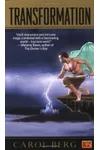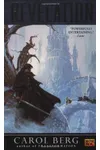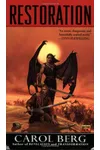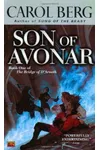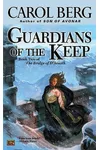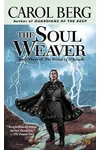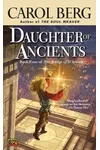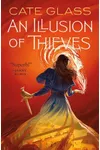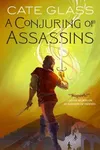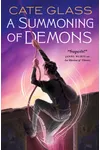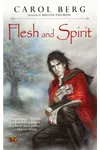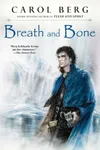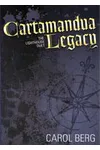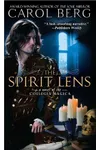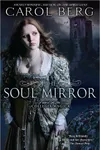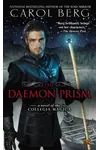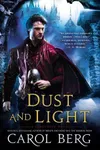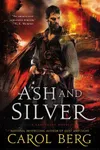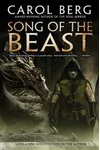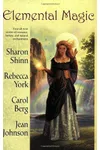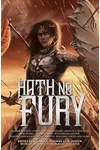Picture a software engineer turned fantasy maestro, weaving epic tales of magic and sacrifice—meet Carol Berg! This American storyteller has captivated readers with her intricate worlds and deeply human characters, blending her tech-savvy roots with a passion for storytelling. From her award-winning Rai-Kirah series to the Mythopoeic Fantasy Award-winning Lighthouse Duet, Berg’s novels are a must-read for fantasy fans craving rich narratives.
Berg’s journey from coding to crafting novels is as inspiring as her stories. With a knack for building complex systems—whether in software or fictional realms—she’s earned a devoted following and critical acclaim. Let’s dive into the life, works, and lasting impact of this fantasy gem!
The Making of Carol Berg
Born in 1948 in Fort Worth, Texas, Carol Berg grew up in a family of teachers, musicians, and railroad workers, surrounded by books and imagination. She pursued mathematics at Rice University and computer science at the University of Colorado, thriving in the logical world of numbers and code. For years, she worked as a software engineer, designing systems for Hewlett-Packard. But a creative spark, ignited by a friend’s suggestion to write character-driven letters, led her to storytelling. What started as a hobby soon became a passion, and by her mid-career, Berg was crafting epic fantasy novels that would redefine the genre.
Carol Berg’s Unforgettable Stories
Berg’s novels are a masterclass in epic fantasy, known for their intricate world-building, morally complex characters, and themes of redemption and sacrifice. Her debut, Transformation (2000), kicks off the Rai-Kirah series, following Seyonne, a slave with hidden magical powers, and Prince Aleksander, navigating a demon-haunted empire. The trilogy’s blend of political intrigue and emotional depth hooked readers instantly.
The Bridge of D’Arnath quartet, starting with Son of Avonar (2004), explores a noblewoman’s exile and a sorcerer’s resurrection in a war-torn world. Berg’s Lighthouse Duet—Flesh and Spirit and Breath and Bone—earned the 2009 Mythopoeic Fantasy Award for its lyrical prose and a sorcerer’s journey through memory and magic. Writing as Cate Glass, Berg’s Chimera series, like An Illusion of Thieves (2019), offers a lighter, heist-flavored adventure set in a magical Renaissance-inspired world. Her ability to craft vivid settings and flawed, relatable heroes sets her apart in a genre crowded with tropes.
Berg’s style leans on first-person narratives and meticulous plotting, drawing from her technical background to create logically consistent magic systems. Her stories often explore the cost of power and the resilience of the human spirit, resonating with readers who crave depth and heart.
Why Carol Berg Matters
Carol Berg’s impact on fantasy lies in her ability to make dark, complex tales accessible and emotionally gripping. Her novels have won multiple Colorado Book Awards, the Prism Award, and the Geffen Award, and her Lighthouse Duet sits alongside works by Tolkien and Le Guin on the Mythopoeic Award list. Berg’s transition from software engineering to writing inspires aspiring authors, proving it’s never too late to chase a creative dream. Her fans, from Denali’s slopes to Mediterranean depths, cherish her stories for their immersive worlds and unforgettable characters.
Berg’s pseudonym, Cate Glass, has expanded her reach, attracting new readers with adventurous, character-driven tales. Her influence encourages fantasy writers to blend intellectual rigor with emotional storytelling, leaving a lasting mark on the genre.
- Born: 1948, Fort Worth, Texas
- Key Works: Rai-Kirah series, Lighthouse Duet, Chimera series (as Cate Glass)
- Awards: Mythopoeic Fantasy Award (2009), multiple Colorado Book Awards
- Fun Fact: Berg never planned to write novels but was hooked after penning 20 pages for a friend’s writing exercise!
Snag Transformation or Flesh and Spirit and dive into Carol Berg’s spellbinding fantasy worlds—your next obsession awaits!
